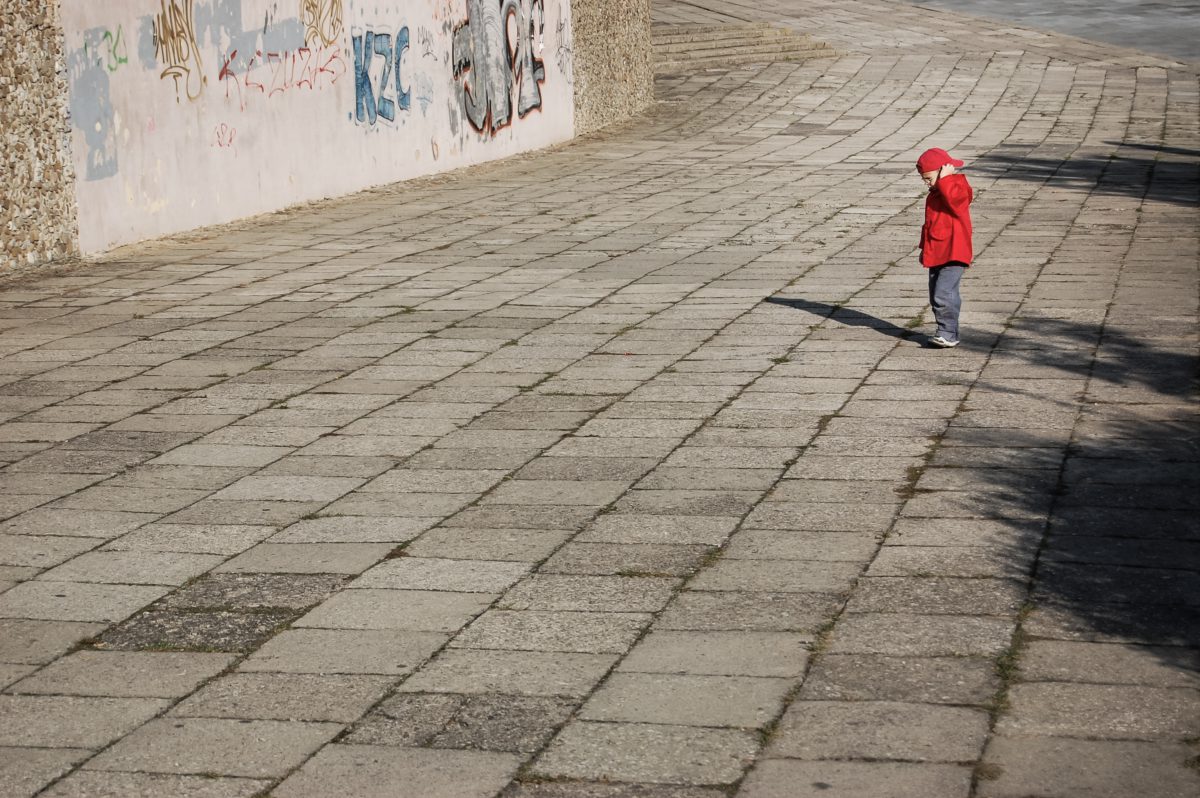
How To Protect Children And Disrupt The Cycle Of Exploitation
By Jan Edwards
May 25 was International Mission Children’s Day. Globally, more than one million children are reported missing every year. ICMEC considers any child under the age of 18 whose whereabouts are unknown to be “missing.” This includes children who have been abducted, abandoned, separated from their parents, or are running away from a home that is not safe.
In the U.S., approximately 365,000 children went missing in 2020. Here are some startling facts to know, and to understand why it’s important we educate ourselves on the reality of what’s happening to our children, mostly, right underneath our roofs.
- 91% are endangered runaways.
- 5% are family abductions.
- 1 in 6 were likely victims of child sex trafficking.
When a child goes missing the impact isn’t just on the immediate family. It impacts the neighborhood, the child’s friends, their siblings, the parents work environment, everyone’s health, the local police, and if warranted, the FBI.
Here are some things you can do to help prevent your child or other children from being exploited or going missing.
Get Educated
Happy teens don’t run away. They may get mad, slam the door, they may argue, roll their eyes at you, however, they really just want to be loved and accepted. One of the things you can do to interrupt that pattern is to be curious about what your children are dealing with, on the daily. Educate yourself on what they are having to manage every day. Learn what threats there are out in the world like online exploitation. This is a growing issue around the world. In the United States, online exploitation is at its highest level ever. According to NCMEC (National Center for Mission and Exploited Children) there has been a 98% increase in online enticement in 2020. There were over 65 million online cyber tips of CSAM (Child Sexual Material) in 2020. There is an intentional assault on our youth and it’s up to us to learn about those threats and interrupt them. As my friend with HSI says, “Educated parents and kids make hard targets.”
Know the Facts
In April of 2019, there were 1 million cyber tips reported to NCMEC. In April of 2020, it was 4 million. Predators are where our children are online. I don’t share this to scare you, I want you to fully understand the uncomfortable reality of what’s happening in the world. Our children are at risk and we are the ones who have to protect them.
Children from all walks of life are intentionally targeted and recruited. Trafficking knows no socio, eco, and demographic boundaries. For those who think their children are immune or it won’t happen to them, think again. An 11-year-old girl in Apopka, Florida was groomed and recruited on Instagram in eight days. She willingly got in a car with a 26-year-old man. She came from a great home … the difference is this man knew how to speak to her in a way that built a bond she thought was real.
Learn the Signs
Online predators are expert manipulators. They know how to hone in on a child’s insecurity, starting with what’s in their profiles, their posts, pictures, friends. A child can be easily groomed using everything they share online. A recruiter starts off innocently with comments like “hi”, “Nice pic”, “I love that band too,” working their way into our children’s lives, bonding with them over things that are important to them — they listen, show empathy and shower them with compliments. They know what kids are missing; friends, fun, sports, engagement. This makes them easy prey, enticing them to do things they would normally not do including leaving their house, getting in a car with a complete stranger. Here are some things to look for: they become overly secretive with their phone, close their laptop quickly when you approach, seem more distracted than normal, overly edgy, grades drop, they lose interest in former passions, talk about ‘new friends’. Most of this looks like normal teenage behavior, that’s ok. However, the most important tool to keep your children safe is communication.
Communicate
This is the number one tip. Being a teen has its challenges. Trying to fit in, finding a passion or purpose can be exhausting. Spend time with your kids. They want you, not another pair of new tennis shoes. Nothing can make up the time you have with your kids. They’ll be gone soon enough. Learn what they love, their passions, who their friends are and where they spend their time. If they are a gamer, learn about Xbox and join in. Got a music lover in the family? Play that music in the house, dance in the kitchen, attend concerts together. Best way to connect is to ask open ended questions, then be quiet and listen. Ask another question and listen more. Bottom line: talk to each other and build a close relationship. By following this tip, you can avoid a break in trust and create open communication and, prayerfully, keep them from making a life altering mistake.
The Role of Social Media
Infringement on privacy is a heated issue. I am not saying be a helicopter parent, as that can erode trust. What I am suggesting is to be responsible for your child’s safety. Follow them on social media, get updates on their posts and know who they are friends with online. Most important tip: know their passwords. It’s about keeping them safe vs ‘spying’ on them. There are many tools out there to help you do this in a non-intrusive way. Talk with your kids about why you’re doing to use Bark.us or Cyberdrive. Limit their time and discuss online responsibility. All a child needs to do is complain online and predators will jump in with an empathic ear. They befriend them and begin to build a wedge between your child and you. Social media is not going away; find ways how to use it, be aware of all the apps they use, including the ones that hide other apps like Calculator+.
Awareness
We spend hours on our phones, laptops and other devices. The past year screen time took a huge jump. Learning online has taken a toll on our kids. We were just at a school last week and we asked them, what was it like being home and doing online learning. In a word, it “stunk!” This took isolation to a whole new level and our kids missed being with one another. Teach your children what to look for both online and in person. The tip is: heads up, eyes open. You might see a young girl or boy improperly dressed for the weather with a visibly older person, with sorrow and fear in her eyes. A new friend may get too friendly, too early. Teach them to trust their instincts. If it doesn’t look right or feel right, make the call.
Take an action
Now you know a few things you can do to keep our kids safe. Children continue to go missing at an alarming rate. So, you may ask, what can you do about that? I’m going to ask you to do three things. First, share this information with your friends and family. Second, have a conversation with your kids, nieces, nephews and siblings. Talk with them about online enticement, look up information and learn more about it together. Lastly, if you see something, DO something! Please put these numbers in your phone:
National Center for Missing and Exploited Children 800-843-5678
National Trafficking Hotline 888-373-7888
Or report a cyber tip online to: https://report.cybertip.org/
You can make these calls 24/7 and all calls are anonymous.
If there is immediate danger, please call 911 – local law enforcement is trained to work with families and these organizations to bring our children home safe.
Talk to your kids today, their future is in your hands.
For more information go to: www.pavingthewayfoundation.org
Fact Sources:
https://humantraffickinghotline.org/states
https://www.missingkids.org/home

Author Bio: Jan Edwards is the CEO of Paving the Way Foundation, an organization in Florida committed to disrupting the cycle of child trafficking around the world through awareness, education and empowerment. They have educated over 14,000 youth and parents on child exploitation and ways to prevent it. Jan is the writer/producer of the award-winning film, Trapped in the Trade. She spent over 25 years as an executive in sales and marketing working with organizations like Time Warner, Bright House, the United Nations and other international groups, before taking on the worldwide initiative to prevent children from being exploited.